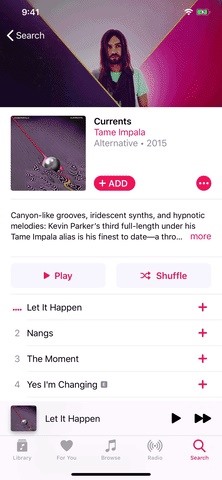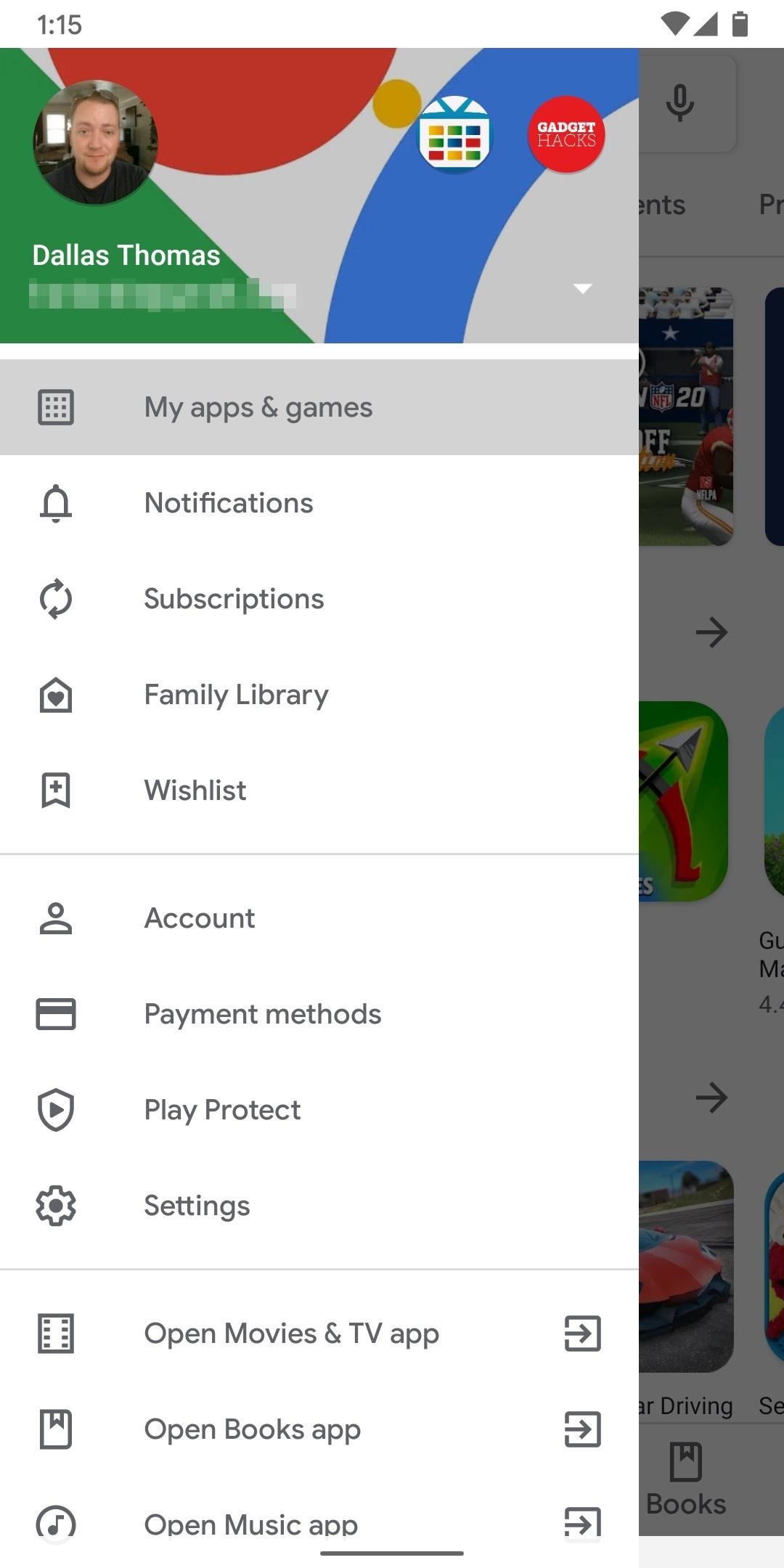News and New Product Briefs (January 31, 2000)
Servertec serves up iServer
Servertec has released iServer, a small, scalable, and easy-to-administer platform-independent application written entirely in Java. iServer can be used as a Web server for static Web pages; it can also become an application server for generating dynamic, data-driving Web pages that use iScript, CGI, Java Servlets, and server-side includes.
iServer provides a solid environment for creating and deploying cross-platform Web-based business-critical Internet and intranet applications. It can be used as the servlet engine for any application or Web server supporting Apache Modules, NSAPI, ISAPI, CGI, or Java. iServer operates on any platform that supports the Java Runtime Environment (JRE) version 1.1.x or later.
iServer 1.7.0 features the following:
-
ClusterProxy with failover and client session support
-
Apache/ISAPI/NSAPI iServer Gateway with load-balancing, failover, and client session support
-
Support for servlet and MIME-type chaining, and for virtual hosts
-
New template and session configuration variables
The updated version also includes new examples, notes for using iServer as a Windows 9x/NT service, and more API documentation.
Find out more about iServer from Servertec:
Sun unveils Java Access Bridge for Windows
Sun has unveiled Java Access Bridge for Windows, a core technology for the Java Developer Kit (JDK) that allows existing assistive technology products, such as screen readers and screen magnifiers, to use Java applets and applications that support the Java Accessibility API.
The Java Access Bridge is comprised of a pair of Microsoft Windows DLLs (dynamic link libraries) and a Java language class file. A bridge is made for the Java Accessibility API between the Java Virtual Machine and the Microsoft Windows host platform.
The Java Access Bridge includes a utility that installs the Java Access Bridge and the appropriate Java Accessibility Utilities into the Windows 9x/NT/2000 Java Virtual Machines. This release of the Java Access Bridge supports Java 2 SDK 1.2.2, JDK 1.1.8 with Swing/JFC 1.1 and later, and Java 2 SDK 1.3 beta 1, as well as the Java plugin versions 1.2.2 and 1.3 beta 1.
Find out more:
Access and Sun plan JV-Lite2
Access has signed on with Sun Microsystems to develop JV-Lite2, an implementation of Sun’s Java platform for embedded devices that is fully compliant with the requirements of the Java compatibility test suite. The Access-Sun agreement is expected to expand the Java market by making Access’s virtual machine (VM) compliant with the Java platform and test suites.
To speed the development process, Access has licensed and is integrating Sun’s EmbeddedJava and PersonalJava environments. Access will also license Sun’s Java Technology Compatibility Kit to ensure full compatibility. Once specs have been defined, Access also plans to support a compatible version of the K Virtual Machine and associated profiles for specific applications in JV-Lite2.
JV-Lite2 will include an optional integrated Internet browser for such devices as portable telephones, digital television, and PDAs. Access is the only company to offer the optional full software support for Internet access available via the Access NetFront or Compact NetFront browsers. Unlike JV-Lite, JV-Lite2’s VM will be fully compliant with the requirements of Java technology. JV-Lite is a clean-room implementation of the JVM based on the public JVM specifications.
Find out more about Access products and JV-Lite2:
Sun lures developers with Essentials
Sun Microsystems has targeted consumer and embedded application developers with its Sun Developer Essentials Java 2 Platform. The platform provides all the development tools, documentation, and specifications needed to create great applications for consumer products. Developers can use the kit to write apps for any number of devices, from PDAs and cellular phones to car navigation systems and set-top boxes.
The contents of the CD are drawn from the Java 2 Platform, Micro Edition (J2ME), an optimized Java runtime environment used for consumer products. The J2ME gives developers a smaller footprint than either the Standard or Enterprise editions of the Java 2 Platform.
The Essentials CD contains the following features:
- PersonalJava technology
- Java Embedded Server software
- Java Card technology
- Jini Connection technology
- KVM
-
Java TV technology
The CD will be available as a technology access resource to developers enrolled in the Sun Developer Essentials subscription. It is priced at 9.95 and is available as a two-year subscription with semiannual updates.
Find out more about Sun Developer Essentials Java 2:
ecfirst.com launches e-Store
ecfirst.com has launched e-Store, a Linux- and Java-based ecommerce engine that provides cyberstore management and hosting services. The product can be used as an ecommerce engine by Internet and application service providers.
e-Store’s Web-based architecture uses the Linux operating system and Java development platform to power an ecommerce engine that is modular, automated, highly scalable, and still reliable and easy to manage. Enterprise security is guaranteed with the integration of PGP and VeriSign technology.
The e-Store engine is contained in a compact appliance that links directly into the Internet. Businesses buy the appliance, run the setup software, and then start offering ebusiness hosting services to prospective cybermerchants. NBC affiliate WHO-TV in Des Moines, Iowa, announced that its online shopping mall, called Shop13, will rely on e-Store.
More information on e-Store:
Cornerstone delivers ExtendYourStore
Cornerstone Retail Solutions announced ExtendYourStore (EYS) Conductor 1.0, an integrated commerce-software offering that helps online retailers connect disparate applications to provide and manage realtime customer, product, and transaction information. EYS Conductor delivers seamless multichannel retailing by providing consistent access to mission-critical information, intelligent routing, and business rules across all applications (including ecommerce, in-store, legacy, enterprise, and third party applications).
Some processes that EYS Conductor makes easier include:
- Purchasing on the Web/returning in the store
- Reserving on the Web/picking up in the store
- Redeeming an ecoupon in the store
- Creating, viewing, and updating gift registry information
-
Viewing and managing customer profile and purchasing data from any channel
EYS Conductor was developed on a network-centered enterprise-application integration framework that provides support for legacy applications, thus leveraging Java while extending the return on your investment. EYS Conductor also offers adapters to third-party applications, including IBM’s Net.Commerce and the Blue Martini Customer Interaction System.
More information on EYS Conductor:
Tadpole and Espial plan Java-enabled handheld platform
Espial and Tadpole have formed an alliance to integrate Espial’s tools and Internet apps into Tadpole’s J-Slate, a rugged and diskless hand-held computer. J-Slate is a Java-based, industrial pen computer that allows mobile workers to run enterprise apps via wireless networks. Its configuration options include user accessible PCMCIA sockets, cellular phone, radio, integrated wireless services, and global positioning system access, as well as modem and Ethernet connections. The Espial Architect RAD development environment will allow systems integrators to enhance the J-Slate platform with PersonalJava apps tailored for any commercial, industrial, or military application. Administrators will be able to add and upgrade these PersonalJava applications remotely onto a J-Slate device anywhere in the field.
Tools and Internet applications from Espial available on J-Slate include:
-
Espial Espresso, a lightweight GUI toolkit for embedded Java applications
-
Espial Architect, a rapid application development environment for PersonalJava applications
-
Espial’s Internet application suite — Espial Escape, Espial Ebox, PersonalJava email client, and Espial Assistant, a PersonalJava personal information manager
-
Espial DeviceTop, an embedded operating environment
More information on J-Slate:
More information on Espial products:
Get visual programming with WireFusion
Demicron has introduced WireFusion, a drag-and-drop visual programming tool for creating Java applets and illustrations. WireFusion’s most appealing feature is the fact that you don’t even need to know Java to use it. WireFusion handles advanced multilayer image-processing in realtime, allowing users to develop applets and illustrations by visually making connections between different objects. Each object can send or receive messages through its out or in ports. By connecting these objects, the user can construct complex programs without any programming skills. All objects have several parameters, enabling users to change an applet’s functionality and appearance — thus giving each applet a unique look and keeping applets compatible with a Webpage’s design.
The following features are included in WireFusion:
- A Java 2 application
- Advanced realtime image-processing filters
- Support for multilayer effects
- Programmable 256-scale alpha channels
- A JPEG image sequence generator
- A publishing wizard, which includes an FTP client
-
Easy addition of objects (such as plugins), even from third party developers
The program can be executed on any platform (Windows, Mac OS, Solaris, etc.) running Java 2. WireFusion can be downloaded from Demicron for 50. A shareware version is also available
More information:
Cool:Joe makes cool Beans
Sterling Software aims to simplify the development of EJB applications with the release of Cool:Joe, a tool that provides a framework encompassing design, testing, development, and maintenance of Enterprise JavaBean (EJB) applications.
Cool:Joe relies on component modeling based on the Unified Modeling Language standard. This structure allows designers to establish relationships between components; all metadata related to the model is stored in a repository shared by developers. Cool:Joe also includes a file system and naming standard for files, which aids in application maintenance.
Other Cool:Joe features include:
-
The Persistence Generation Wizard within the modeling environment, which automatically generates the object-to-relational mappings and data-management methods.
-
A Java editor, with a debugger, for writing and checking the validity of the business logic wrapped in the EJB component model. Developers can customize the tool’s editor by either building their own macros or using the ones that ship with the tool.
-
A Test Harness Wizard, which generates user interfaces for testing the code. Other wizards are available for compiling Java classes and creating JAR files.
Cool:Joe, which runs on Windows NT, will sell for ,000 per developer.
More information on Cool:Joe:
AOL streamlines with Java
AOL updated its AOL.com home page in an effort to make AOL services accessible from a range of emerging Web-enabled products, including televisions, mobile phones, and handheld computers. The changes streamline the site’s appearance and make instant messaging and email services more readily available.
Most notably, AOL Mail has been moved to a more prominent location at the top of the home page, and members can no longer log on directly from the AOL.com front page. The site also includes a Web-based version of AOL’s Instant Messenger chat software, called Quick Buddy. The user can run the service as a downloadable Java applet on any computer fitted with a Web browser. In the past, users downloaded the chat software to their hard drives and ran it from there.
Take a look at the revamped AOL:
J2SE gets a tune-up
Sun Microsystems’ next version of the Java 2 Platform, Standard Edition (J2SE) platform is expected to improve Java performance on the client.
Expected performance enhancements include:
-
The use of the HotSpot just-in-time compiler as the default JVM
-
A smaller footprint for HotSpot
- Applet caching, which stores downloaded applets in the browser to decrease network traffic and execution times
For its widespread adoption, Sun must convince consumers to download the J2SE runtime environment as a plugin for Microsoft’s Internet Explorer and Netscape’s Communicator. Microsoft cannot ship J2SE with its browser because of its legal dispute with Sun. Netscape plans to offer it as an option in Communicator 5.0, but that upgrade does not yet have a firm shipping date. J2SE 1.3 is scheduled for a March release.
Download the Java 2 Platform, Standard Edition for free:
eXLearn.com plays games
The eXLearn.com learning network has signed with Gamegate.com to supply its customers with online Java games. eXLearn expects to launch the first of many Asian Internet portals in March in Japan. Gamegate.com develops trivia games, netshows, and several single player and multiplayer games.
eXLearn’s Web portals focus on instructing users in English as a second language, as well as technology and business training. eXLearn.com President and CEO John Lincoln notes that Gamegate’s Java games allow customers to simply click and play without needing to download any plugins.
More information on eXLearn’s portal:




